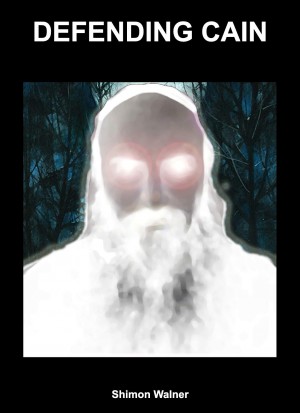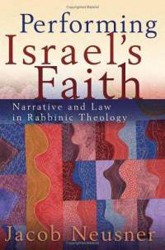In this tantalizing study, Freidenreich pays less attention to which foods are permitted and which excluded than to with whom the members of a particular faith group are permitted to eat. While both issues have been used historically to define cultural boundaries, and both are inextricably related, the issue of commensality reveals more about how groups define themselves. Freidenreich takes up, in turn, the legal strictures regarding commensality in the three “scriptural” monotheistic faith groups, eventually clarifying similarities and differences about how these groups view themselves and assess outsiders.
The order of treating the communities is, of course, chronological. It’s only later in the study, when the groups exist contemporaneously, that the communities can be compared and contrasted in full. However, a general pattern is discernable in terms of the rigor of distinctions. Scriptural legalisms (in the Hebrew Bible, the New Testament, and the Qur’an) are more rigorous regarding commensality and other issues than later authoritative writings. This is largely the consequence of the scriptural communities becoming rivals, if not enemies, over time.
The author employs helpful charts to sharpen the distinctions regarding each group’s self-conception and sense of “the other.” He also provides a number of case studies by way of authoritative responses to representative questions, for example, “May Christians eat meat that Jewish butchers reject?” One recurrent theme in this cross-cultural study is the tendency for the authorities of each group to label the other groups’ members as idolaters, especially in the later historical periods.
Of particular note is the exploration of these issues within the Muslim world, as the Sunnis prove to be far less “bordered,” more accepting of others’ practices, than the Shi’i.
Freidenreich elucidates complex and arcane cultural thought structures with skill and grace. He has synthesized an enormous amount of material while making his interpretive process and his findings accessible to general readers. Bibliography, general index, notes, source index.
Philip K. Jason is professor emeritus of English at the United States Naval Academy. A former editor of Poet Lore, he is the author or editor of twenty books, including Acts and Shadows: The Vietnam War in American Literary Culture and Don’t Wave Goodbye: The Children’s Flight from Nazi Persecution to American Freedom.





